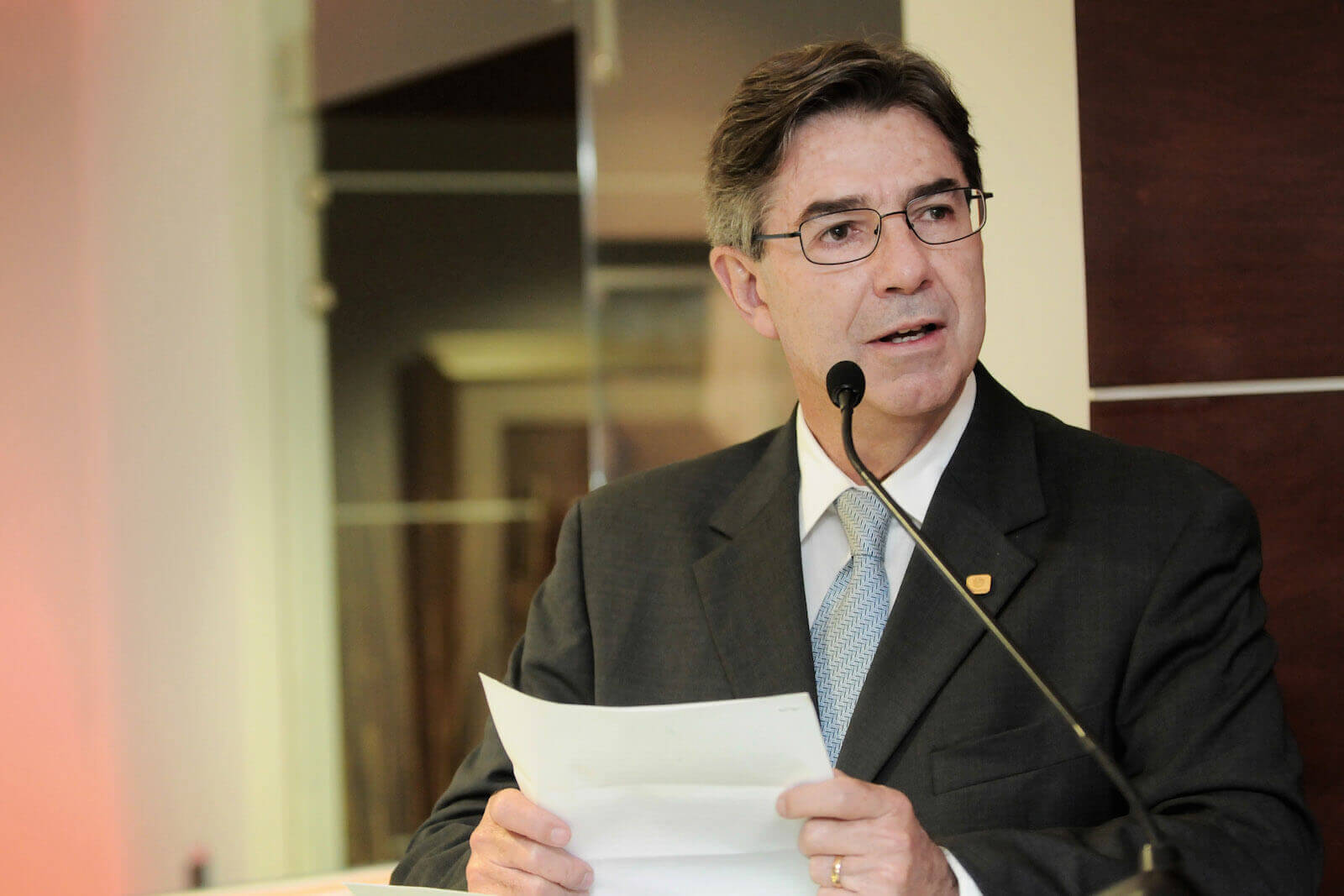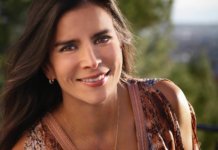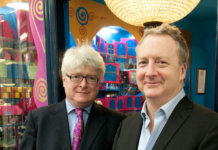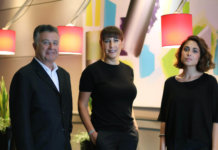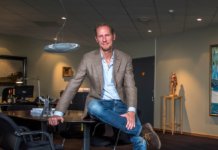A story in collaboration with:
Vanessa Lean, Managing Director of the Cuestamoras Family Office, Costa Rica. Guillermo Salazar, Founder & Managing Partner, Exaudi Family Business Consulting
Costa Rica is known for its beautiful natural diversity, its active volcanos and, more recently, for its strong push towards renewable energy and sustainability. This small, dynamic Central American country is also home to an impressive array of entrepreneurs and family businesses.
The Cuestamoras Group is one of Costa Rica’s most prominent family businesses. Their story leaves no doubt as to why they made such a mark on the country’s history. Having been in business for more than a century, the Uribe family can count the founding and growing of one of Central America’s first supermarket chains, Mas por Menos, as one of their greatest achievements. Led by Enrique Uribe, his brother-in-law John Moretti and their friend Samuel Hidalgo, the supermarkets grew over many decades until the family, faced with international competition, decided to diversify into other activities. Now in its third and soon fourth generation, this family business boasts three different family branches descending from each one of the original founding partners, the Uribes, the Uribe-Morettis and the Hidalgos, all of whom are shareholders in what has evolved into the Cuestamoras Group, a multi-business conglomerate with activities in urban planning, hospitality, retail and renewable energy.
Though strong in numbers and affection in their family ties, for the first two generations, the Uribes adhered to the policy of keeping the family and the business separate. For a long time, most family members did not know much about the goings on in the business, and the third generation was taught not to think of the business as a provider for their future but rather as an inspiration to build their own careers. However, in 2009, the family decided that it was time to initiate the process of installing a family and corporate governance system. Today, the family has a fully-functional Family Office in place. It also runs various committees and Cousins Consortiums to tie in the next generation.
Tharawat Magazine met six family members who told four different stories about one family business.
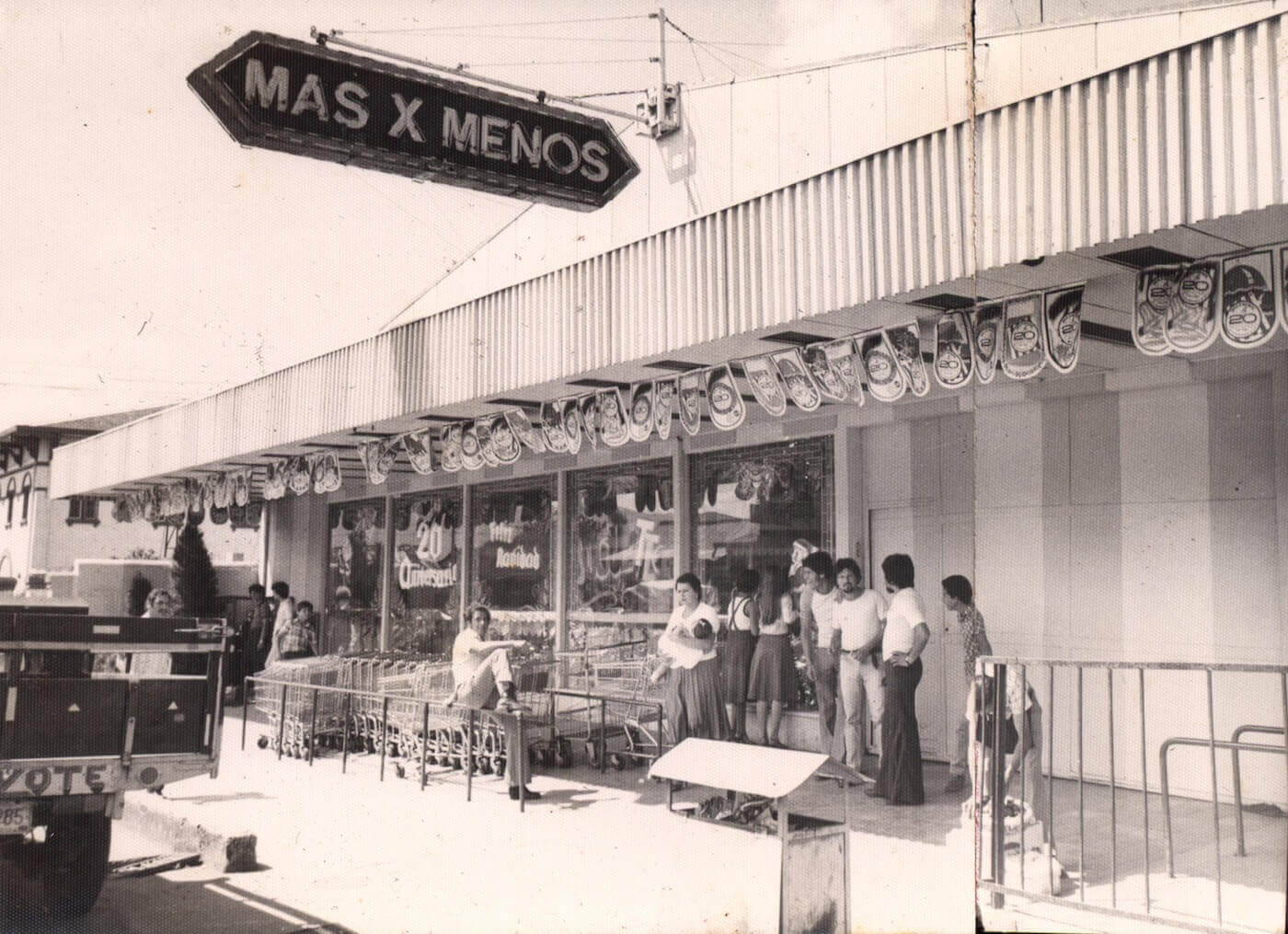
Story One: From Mas por Menos to Cuestamoras
Rodrigo Uribe, President of Cuestamoras, Costa Rica
The Beginnings
In 1868, at the age of 13, my great-grandfather, Enrique Uribe, lost his parents and was sent from Spain to Costa Rica. Landed in this beautiful part of the world, he started to work and soon was able to open his own store. He married a girl from Spain and had several children, amongst them was my grandfather Luis. It is with Luis that this family business story really begins.
From the very beginning, the Uribes were invested in retail. There were stores on both my grandfather and my grandmother’s sides of the family. Eventually, my grandfather Luis went into business with his father-in-law, starting a successful general store that imported all sorts of products, mainly from Europe.
Luis eventually inherited the store and sold a variety of goods ranging from liquor to building materials. My father, Enrique, was the youngest and rarely agreed with his father and his elder brother who naturally was considered the successor to the business. Running out of patience, my father announced one day that he was going out on his own. “I just need someone to finance me,” he said boldly. My grandfather, to his credit, gave him a little money but made it very clear that this would come out of his inheritance. My father was so eager to get started that he didn’t care what the conditions were. He went after his dream: to open his own supermarket chain, like the ones he had seen in the US, right here in Costa Rica. At the time, this didn’t exist here as everything was unpacked and sold over the counter.
My father found an old garage in a busy part of town and without knowing much about it began a small supermarket. He later discovered that my grandfather had helped him out behind the scenes by getting him credit approvals from suppliers. My father was unstoppable. From the very beginning, he thought of setting up, not just one store, but a whole chain of supermarkets. This is how “Mas por Menos” (More for Less), one of the most important supermarket chains in Central America, was born. My father soon was joined by his brother-in-law, John Moretti, and his father’s finance person, Samuel Hidalgo. These men were there from the beginning, which is why today we have three main family branches, the Uribes, the Morettis and the Hidalgos.
My father was a great leader and, in spite of nationalised banks and scarce financing sources, the supermarkets prospered. Forced to running the business with no bank financing, we were able to prosper and grow by keeping very tight controls. We gained a reputation for being resilient in tough times and expanded from regular supermarkets into discount stores and hypermarkets. We also went deep into the perishables supply chain to buy directly from farmers and set up integrated poultry and egg production. Likewise, meat processing and centralised packing was part of our value chain. Even when we created the United Corporation of Supermarkets, a holding company for three separate store formats, we remained low profile as a business family.
We grew to a point where we realised that we were too small to face international rivals and too big to compete as a niche player. With this in mind, we partnered with Royal Ahold first, then with Walmart who was interested in coming to the region. We could have fought them, but we realised it would have been an expensive fight. In time, we decided to trade in our ownership of Central America to create a single company with Walmart in Mexico. This gave us shares in Walmart of Mexico which are traded publicly in the Mexican stock exchange. Starting in 2005, we gradually sold shares through the market and most of our net worth became financial assets handled by different banks. And that is how we exited the supermarket business and began our path towards becoming the company we are today.
The birth of Cuestamoras
In 2008, encouraged by past success, we agreed to stay together for the next 100 years, a transcendental decision for both the family and the business. We then proceeded to signed a new shareholder agreement that marked the beginning of the company that you see today.
At first, we experimented with different business models, trying out real estate and private equity where we invested in some smaller companies. We soon realised that operating businesses is in our DNA, not as passive investors. We spent a lot of time on the new strategy and planning how to become a multi-business operator under a lean corporate office
This is how Cuestamoras was born, and we are now already active in three key areas. First is sustainable urban planning. The second is health and wellness space, beginning with pharmacies and pharmaceutical distribution. Third area is energy, trading energy contracts and renewable energy generation. We already had some investments in wind farms, and have now invested in a hydro-electric plant with a European partner. We are expanding across Central America and starting to look at Mexico, which is the next big market in energy. Finally, we have some hotels in our legacy portfolio and some land dedicated to conservation (50% is tropical forest).

Structuring the family business
It all sounds smooth, but of course, it wasn’t. We have faced more than our share of typical family business issues. My father was the typical patriarch. When he died suddenly at the age of 64, we were left in great shock and rather rudderless. I was already taking over, but the loss was enormous for the whole company. My father had a very particular way of doing things; he had a lot of personality, a powerful will and a great ability to go into very small details. He would not tolerate dishonesty or negligence. We didn’t close the supermarkets on the day he died. He wouldn’t have liked us to.
My brother Carlos and I have different personalities. I inherited a role closer to my father’s, pushing the business forward. My brother is more conservative, so together we balance things out.
Starting the governance process was important. Although there is a charm to making decisions without taking everybody’s opinions into account, we knew that it wasn’t a sustainable solution. In the past decisions were made by the heads of the three families in a closed room who then went back to their own branch to communicate the conclusions. So when we decided to implement more structure, we knew we had to change the way we handled things with the family first.
We started sharing more information with the family and began holding periodic meetings for all shareholders. Typically, when you make a business decision, you just execute it. With a family business, it is more sensitive. You can’t just command how people feel. You have to convince, inspire and motivate.
You might be successful in the business side of things, but in the long run, if the family values aren’t clear, your ruin your chances of creating something sustainable. If you put in the time and the goodwill, the family will help the business and the business will thrive in the long run.
I knew that once we opened the floodgates and shared information, there would be no stopping this. The process has been rewarding but also incredibly time consuming. We have to be clear about the right time and place to discuss things and make sure that the right channels are used for the right topics.
We have borrowed a lot of the structures from public companies. We have a Family Office that regulates all questions for the family and a separate Investment Relations Office for shareholder questions.
The Future
My future concerns centre around the family and their wellbeing. Having all these structures in place will safeguard us from making the usual family business mistakes. Hopefully, we can keep the family united under the common goal of keeping the company going. We want to see the next generation flourish in their own businesses. We want successful shareholders because they reinforce the business and ease the pressure of it being the sole income for anyone. In the short-term, it’s great to have money helping the family. However, in the long-term, it’s the family’s healthy outlook that keeps the business alive.
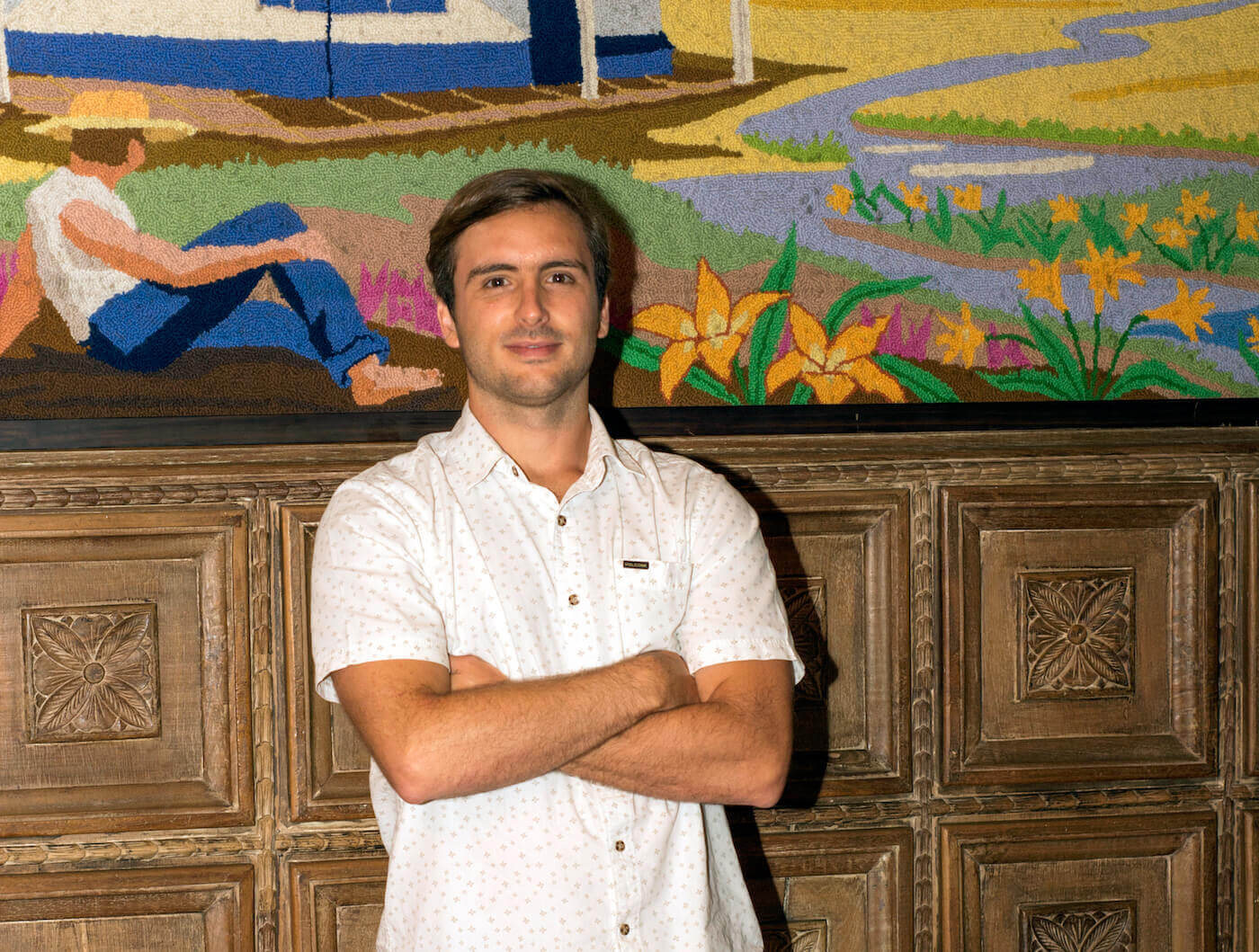
Story Two: The Cousins’ Consortium
Interview with Antonio Barnabó, President of The Cousins’ Consortium, Cuestamoras, Costa Rica
Antonio Barnabó was born to entrepreneurial parents, but he is also part of the third generation of the Cuestamoras legacy. His mother’s brothers, Rodrigo and Carlos, are still leading the Cuestamoras Group. With the recent transformation of the company and the instalment of the Family Office, Antonio and his cousins have come together in the Cousins’ Consortium, a committee created to regulate the education and contribution of the third generation to the business and ensure the family’s wellbeing. Antonio is also part of the founding team of the successful Italian Gelateria that was created with his sister, brother-in-law and mother. He tells us more about juggling the role of President of the Cousins’ Consortium and making his own way as an entrepreneur.
How long have you been involved in your family business and what role do you play?
I am currently President of the Cousins’ Consortium of Cuestamoras and the third generation of our family involved in the company. This generation only got involved recently; in 2009, we started working on family governance and institutions. Before then, the younger generation was very proud of the business but saw it as something abstract; we were absolutely not involved. We didn’t even speak about it; to us, the second generation was almost like a secret society! Now, we are learning how to run the business and, when the time comes, how to be good shareholders.
The consortium is fifteen cousins who are all very committed to the family enterprise. Working together was not easy at first. Fortunately, one of our core family values has always been respect, so we are very open with each other and have learned how to manage our little conflicts. Now with the fourth generation being born, it’s a good time for us to address our vision and to create a legacy for the next century.
What were your initial tasks in the Cousins’ Consortium?
We began by establishing a family protocol which was the first explicit document that detailed the relationship between the family and the business; we discussed this with the whole family and made sure it was something everyone agreed on. Then we started to set up reunions, courses and different committees: the philanthropy committee, the education committee and the family committee. We focus on building skills like public speaking, financial planning and event organisation. Not everyone will play an operational role but we will all be shareholders at some point and we take that very seriously.
Do the other two branches of the family have Cousins’ Consortiums?
We have a multi-branch Cousins’ Consortium where the third generation members of all branches work together. We’re working towards implementing the same systems and institutions across all the branches as this will make things much more efficient.
You also started your own family business with your mother, sister and brother-in-law a few years ago. How do you reconcile your many roles?
Well, it’s a big time commitment, but my mother has always been adamant about us never relying on the Cousins’ Consortium for our careers or livelihoods. She is a real entrepreneur herself so going into business together was just a matter of time.
My sister came up with the idea of setting up the first, authentically Italian Gelateria in Costa Rica “Gelateria Da Noi”. We started out with one small store in 2009, and now we have seven locations. My brother-in-law and sister are chefs; they make the gelato and pastries. My mother is the driving spirit and takes care of the shop decor and expansion plans. I take care of the finances and I’m also on the Board of Directors.
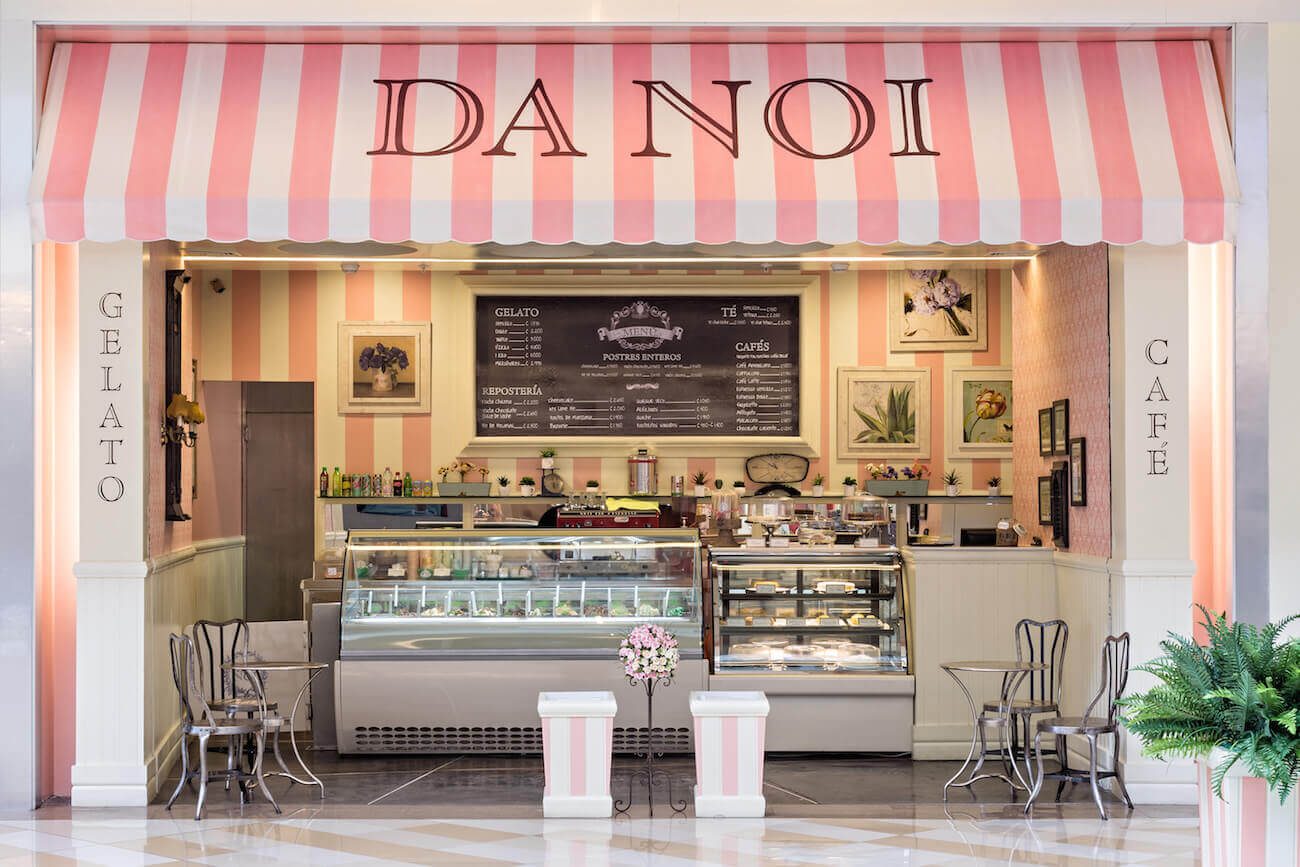
Sounds like a very busy schedule…
Yes, it’s a young company and naturally takes up much of our time. Being the President of the Cousins’ Consortium also takes a lot of time; the President interacts with the Board of Directors and carries their news and feedback back to the Consortiums. I am also an intermediary for the third and second generations. Each family branch has its own vote on the Board of Directors, and each branch is responsible for its own consensus. We meet whenever we need to organise events or training. Reunions are also mandatory; reunions are how we promote cohesion and keep everyone aligned. We also keep in touch via WhatsApp.
How did the family react to all these rules being put into place?
When we first started assigning roles and committees, we quickly realised that not everyone wanted to be part of it in an active way. Putting people into committees without consulting them first doesn’t really work! It all fell into place when a few people took on leadership roles in the committees; everyone else contributes as often as they want to.
How did the second generation react to all these changes?
At first, the second-generation members would tell us what to do, and we would do it. Then we started to become more proactive and come up with our own plans, so they had to be flexible enough to adopt new ideas and structures. They began to understand that cousins do not relate to each other in the same way as siblings; we have a different relationship and require different communication than they did as brothers and sisters.
With all these changes in place, have you started talking about the family business more?
There is definitely a new openness about the topic; that need for tight control over information has relaxed a little. My mother and I talk about it much more, but that’s also because we have our Gelateria business together.
What is your wish for the future of your family business, Cuestamoras?
I think we’re growing, making improvements and learning a lot. Our main objective is to have a great relationship between the generations. I would also love to see all my cousins doing things that they are passionate about. Many of them, like me, have great businesses that they built themselves; some are in the arts, some in fashion, others are committed to the environment. It would be wonderful to see everyone pursuing their own passions, fulfilled with their own businesses and financially independent of the family business. That would be the ideal – individual fulfilment while maintaining the family legacy.
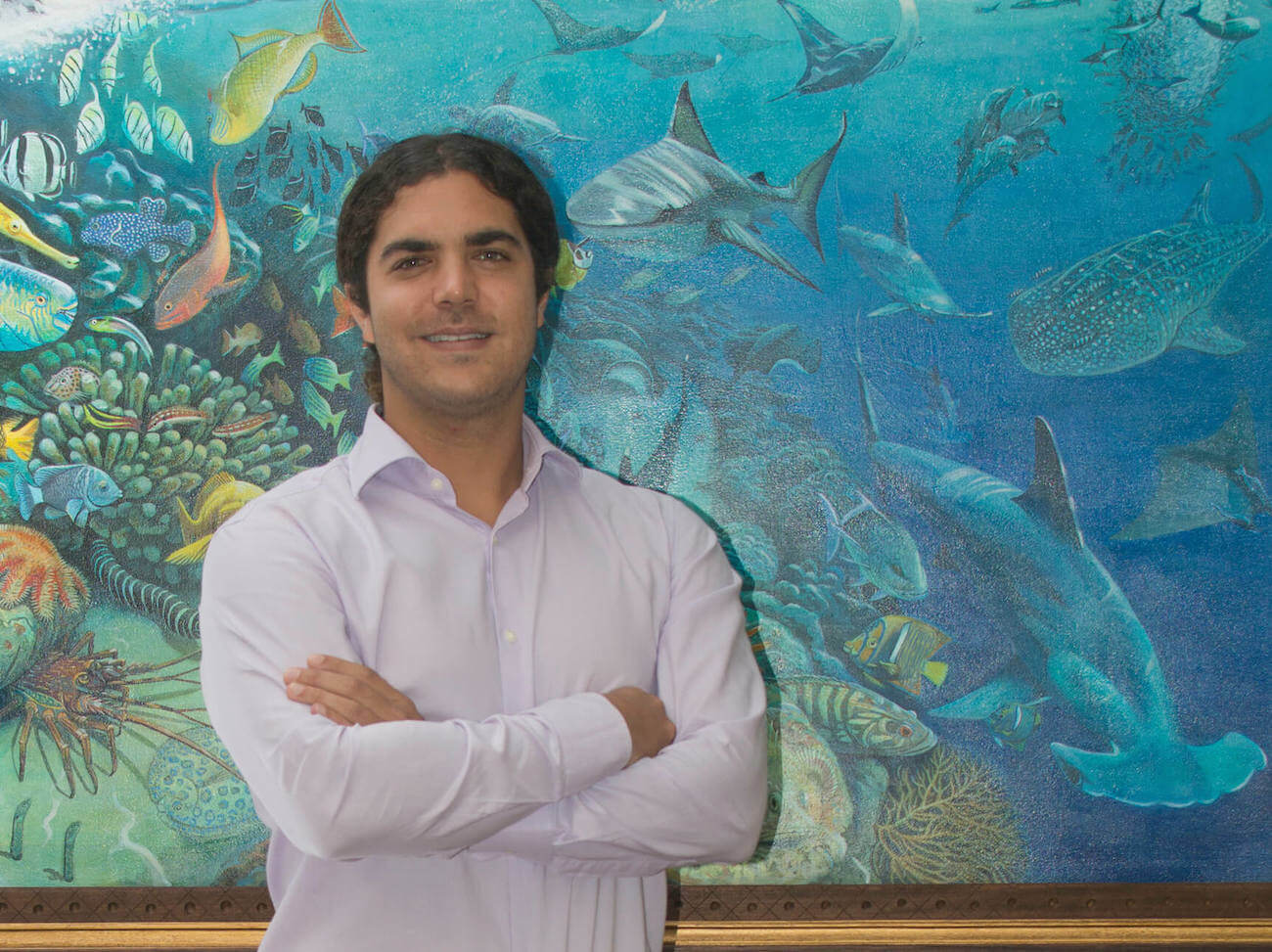
Story Three: Environment and Entrepreneurship
Daniel Uribe, Founder of Costa Verdes, 3rd Generation Family Business Member, Cuestamoras, Costa Rica
Daniel Uribe is one of 15 cousins in the Uribe family branch and the founder of an NGO, Costas Verdes. His father, Carlos Uribe, currently runs the Cuestamoras Group with his brother Rodrigo. From an early age, Daniel gained insight into entrepreneurship and inherited his father’s passion for the preservation of Costa Rica’s rich biodiversity. We spoke to Daniel about his NGO and his generation’s role in the family business.
What was it like when you started finding out more about your family’s business?
When we were growing up, we didn’t know much about the family business. My father has been running the business for years with my uncle, Rodrigo. When I was a child and my grandfather was still alive, we felt the culture very strongly. Of course, a large supermarket store was an easy business to identify with. Going to the inaugurations of new shops would bring us close to operations.
We never had an active role until governance process was started in 2009. It was only then that we began attending committees and Consortiums.
What made you start your own business first and not join the family business right away?
While I was studying, the family business wasn’t presented as an option yet. It is only in recent years that rules and regulations about family members joining have been put in place. That’s why the third generation always worked towards our own careers; most of us have gone on to start our own businesses. We weren’t taught to think of depending on the family business.
Starting my own NGO, Costas Verdes here in Costa Rica has been an incredibly rewarding experience. I am transitioning out of the day-to-day work of the NGO and more towards the role of a Board Member, but it has prepared me well for whatever I will do next.
Costas Verdes is dedicated to the reforestation of beach areas in Costa Rica. What made you chose this direction?
My father has always been as dedicated to the environment as he has been to his business and family. In any extra time that he had, we would go out into nature. He has an NGO that is dedicated to the protection of an important national park on the Cocos Islands. Costa Rica is beautiful, but there are many environmental problems to tackle. I decided to focus on beach reforestation because no one else was.
In Costa Rica, the forest literally goes all the way to the sea. Many areas have been deforested, but with a little effort and just five to six years of waiting time, it can all be recovered. This is what we have been doing with Costas Verdes.
What were your challenges?
In the beginning, we worked with volunteers and focused on generating a sustainable business out of a passion for nature. The hardest thing was fundraising, but after two to three years, things became easier and it started flowing.
From there on, the NGO started growing and we began new projects. There are still challenges, but we have a good team and are much more professional now.
What did being an entrepreneur teach you about yourself?
Being an entrepreneur taught me about leadership. I have been working with a co-founder who has a very different character from mine, and that teaches you things. I have watched my father and uncle go through the same in the family business. When you can learn from people with complementary skills, it shapes you.
I also realised that I am very good at teamwork, communication and empowering people. I learned that you don’t have to have all the answers ready. I know more about my weaknesses too, which is all very helpful.
What is your wish for the future of the family business and your country?
To me, the purpose of the family business is two-fold: to protect the family and to protect the business. I would like our generation to develop good leaders in each family branch so we can secure the future of the family business. I hope that everyone gets to develop themselves professionally, no matter how they are involved in the business.
I love my country, but I wish wellbeing for all of the Central American region. We would like to see our neighbours prosper too. We still face problems like extreme poverty and drug trafficking, though not so much in Costa Rica. It is also extremely important to protect the environment; we have one of the richest and most diverse ecosystems on earth, but we must learn how to care for it. That is also part of the legacy.
We have a great opportunity to set an example for everyone around us through our family business. We are one of the largest private companies in the region and how we behave will hopefully influence and inspire others. Now that we have some activities focused on healthcare and infrastructure, we will be in a better position to make a positive impact.
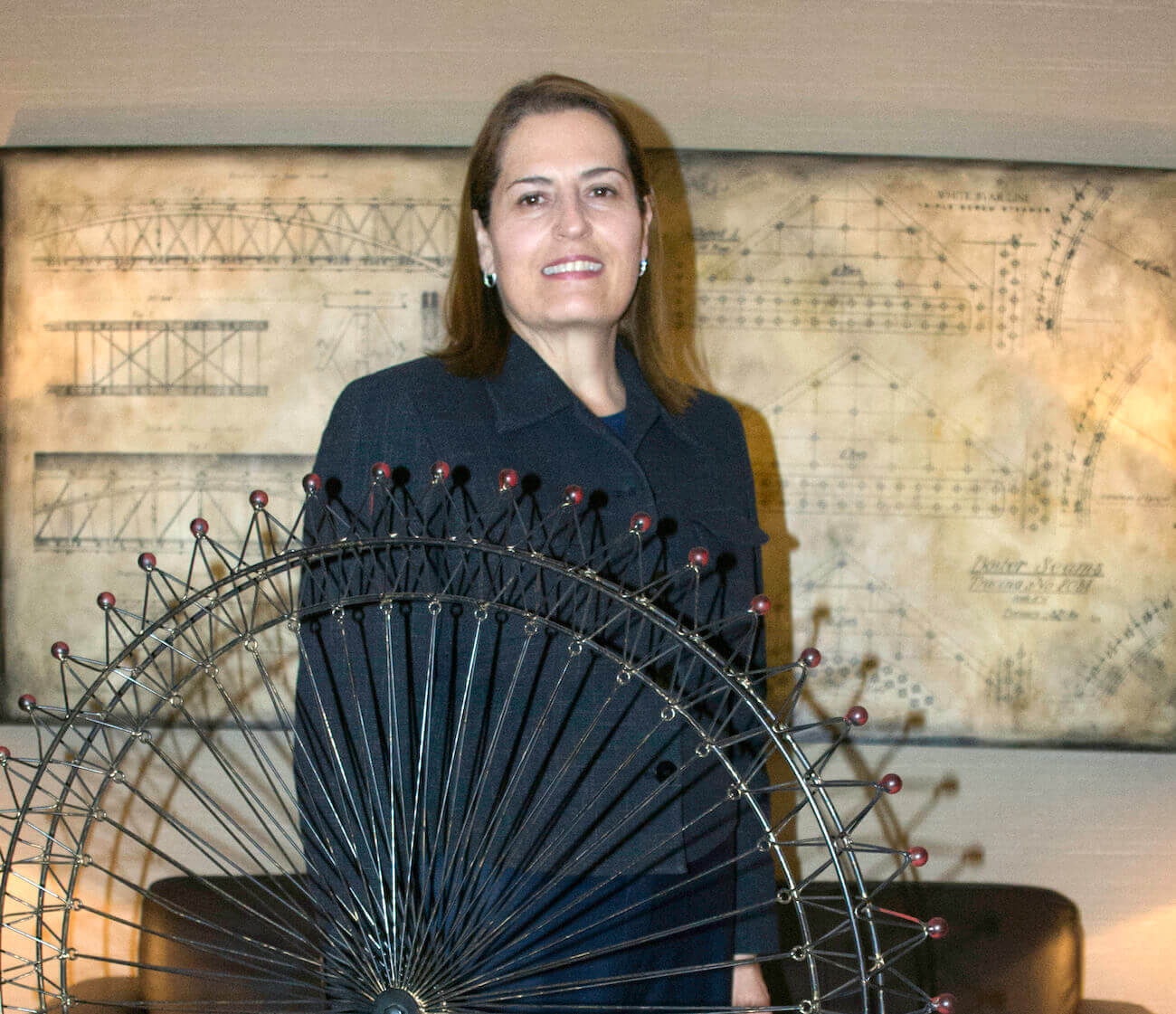
Story Four: The Moretti Branch
Interview with
Antonella Giacomin, President of the Cousins’ Consortium, and 3rd generation family business member, Cuestamoras
Lizette Moretti, 2nd generation family business member, Cuestamoras
Marco Moretti, 3rd generation family business member, Cuestamoras
John Moretti married Enrique Uribe’s sister, Marta Eugenia Uribe, in 1956. The Moretti-Carmiol branch that sprang from this alliance is equally large as the other branches of the family and has embraced the institutions put in place by the Family Office. We spoke to Lizette Moretti about the legacy of her parents, to her son Marco about how his perception changed once he saw behind the scenes of Cuestamoras, and to Antonella Giacomin, President of the Moretti-Carmiol Cousins’ Consortium about the implications of the new structures.
Why did the second generation not share much information with the next until recently when the Family Office was formed?
Lizette: The first generation tried to keep business and family affairs separate. The second generation grew up without knowing very much about the family business. We knew the companies, some of us even worked there, but we didn’t know about its strategy or growth. When my uncle and father stepped down, the second generation took over and started changing things, bringing a more open vision. Today, thanks to them and to the governance system, much more information is shared.
We are in a pioneering position with the governance process. Not many businesses in Costa Rica have a family governance system in place. With this process, we realised that to keep the family united, we had to start having this discussion. And so, we worked very hard towards this goal. With the creation of the Family Office, which is run by a non-family executive, Vanessa Lean, the next step was the creation of the Family Council, the Multi Family Council and later the Cousin Consortium. This has been crucial to the successful coordination of all the family members and branches.
The Family Office takes care of all three branches?
Antonella: The separation between business and family matters is very strict. There are physically separate offices in Cuestamoras, the business on one side and our Family Office on the other. This brings great balance! We are happy to work with the Family Office. They keep us busy with educational programs, committees and shareholder duties. The Family Office takes great care of the three branches of the family.
Marco: With so many different personalities and backgrounds, we have a rich pool of talents from which we can draw inspiration. We have family members in the arts, medicine and engineering. I am becoming a chef and opening my own restaurant soon.
Tell us about your branch of the family.
Antonella: We are the Moretti- Carmiol side of the company; there are 13 cousins in the third generation, though three of them have sold their shares.
Lizette: Our family has known early losses; our brother died at a young age and this served as a warning. Another event that shaped us was the day we signed the succession plan because my father became very ill. It brought home how important it was for us to have these structures in place.
Do you have a Cousins’ Consortium like the other branches of the family?
Antonella: Yes, I am currently the President. Our Cousin Consortium is structured in various committees: the Education, the Philanthropy, the Family and soon the Financial committee will be in place too. Most of our committees have second and third generation members, which is due to the wide age gaps in our family.
Marco: Most of the second generation members in our family don’t want to be actively involved anymore. They feel like their sons or daughters can actually do more for these committees due to their preparation and enthusiasm.
Lizette: My brother who is the President is 73, he wants to slowly move out of this role. The governance system has brought a lot more structure to the next stage and there should be no problem with the transition. We moved from a nuclear family mindset to a multi-family system. My father is still living, and he is glad to see it shaped this way.
Antonella: Initially, it wasn’t easy to get everyone motivated for the Cousins’ Consortium, but now everyone is very engaged and excited.
Marco: It’s a great change for us because we were previously kept in the dark about the company. We were proud of it but didn’t know much about it. The second generation followed the policy of keeping confidentiality and not share information with our generation or anyone else.
Antonella: The positive side is that we all grew up with very independent spirits and never expected anything from the business. We are all off doing our own thing and building new businesses.
Lizette: We are also promoting training for everyone in the family, especially financial planning. Since we are all entrepreneurs and in the future all will be shareholders, understanding financial planning is crucial. We also spend a lot of time on discussing our values and what we stand for. This has been a great exercise.
Antonella: It took a while, but everyone found their place in a committee or in the Cousin Consortium. I think we are in a place where all our talents are used appropriately.
Do you feel differently about the family after all these rules were put in place?
Antonella: I actually think it has brought us closer. For instance, my sister who is a gynaecologist never thought she would have such an active role in the family business. Now she is very involved in the philanthropic committee and is a wonderful contributor.
Marco: There is validation in finding a place for yourself, somewhere you fit and feel that you are contributing to the greater good of the family and the business. Some of us may always prefer a passive role and others may just grow into other positions. The future will tell.
Lizette: The contribution of the third generation is great because they are all entrepreneurs and professionals in their own right. Therefore, they represent experience and add value to everything we do. We have now started thinking of the fourth generation because soon the eldest in our branch will be ready to join.
Marco: We have quite big age gaps in the family. I’m the youngest and it was not that easy to catch up with everything that my older cousins had experienced. I think I will be a sort of mediator between the third and the fourth generation; just like my mother was between the second and the third generation. She was a diplomatic go-between!
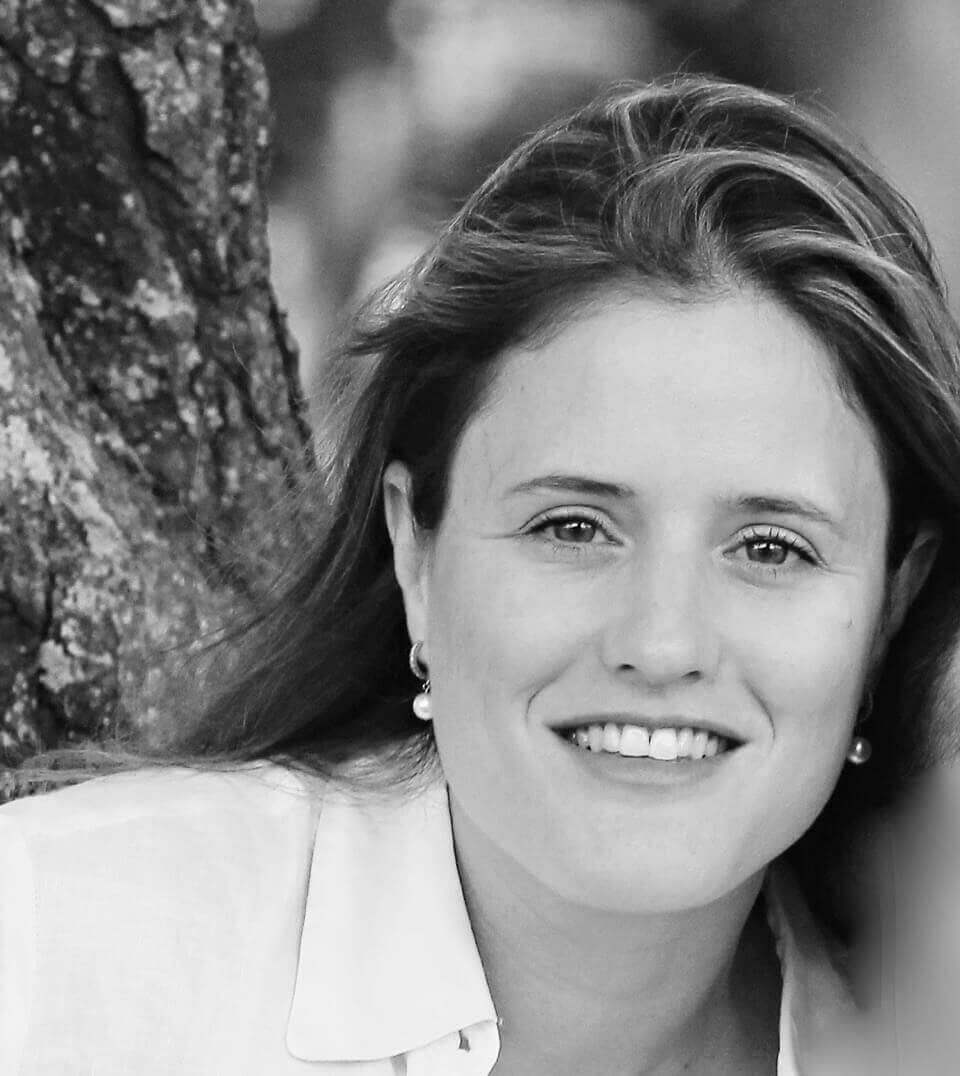
How did you see Cuestamoras before you became so active and how did your perception change?
Lizette: I saw my father working from Monday to Sunday to help build the business. My mum worked, but on her dad’s company. I’m very humbled by the fact that we receive returns for their hard work today. This contributed even more to my recognition of what the first generation sacrificed and invested into building this business.
Marco: A lot of our values come from our great-grandparents, our grandparents and our parents. My grandfather transmitted to us a lot of what hard work, being there for the family and being transparent means. He believes in family and unity more than anything else.
Antonella: When we got to know the company, we felt really proud. It’s a huge thing that we didn’t know much about, aside from the great reputation it brought us here in Costa Rica. We were brought up by people with vision; the business has been run by innovators, and this great company has innovated in every single step it takes. It’s in our DNA; we’ve seen this innovation trait in the third generation – who have their own businesses going on.
Marco: Growing up, I had no idea what was going on in the company. I loved seeing it as this mystical giant. When I started coming to the office, I was overwhelmed by the facilities and the people that work here. The Family Office and all the extensions are allowing us to develop ourselves to become a part of this structure. This Family Office is amazing.
What conflicts did you face when you started working together at the family office?
Lizette: The main conflict we encountered was for the family to understand the structure that the governance would bring. We had to learn to discuss the right topics at the right time at the right instance and not to mix them up. For me, it meant sacrificing some of my reputation in the family. In fact, I had to take the role of “bad guy” for a while until everyone understood the rules and benefits this would bring.
Antonella: It’s true, the beginning was hardest. Now, the conflicts have changed and are not about the structures anymore.
Do the three family branches mingle well?
Marco: We have always been a family that liked to spend time together. The Family Office encourages us to attend events and is bringing us even closer with other family groups. I believe it will be great for cohesion of the three branches in the long run. That’s important if we are to tackle the next hundred years as successfully as the last.
Are you confident about the future?
Antonella: We’re looking towards the future with great enthusiasm. We’re interested in what it will bring, such as how the family will evolve, and how the fourth generation will blend and pitch in.
Lizette: Knowing that the second and third generation can work so well together is making us very optimistic about being able to maintain this constructive culture and governance structure in the future.
Marco: Every member of the family has a very important role to play. We are all keen to do a good job.


